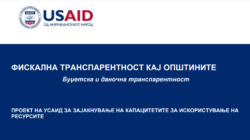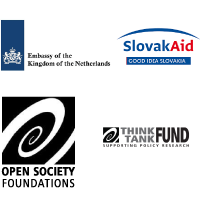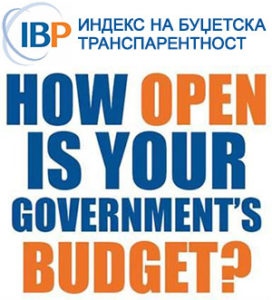Rule of law backsliding in one Member State is an EU matter
Petra Bárd, Associate Professor, ELTE School of Law, Visiting Professor, CEU, Budapest
Not only is rule of law backsliding in a member state a European matter, but the EU does have the powers to enforce the values it shares with the member countries, and it shall not shy away from using them. Article 7 procedures, the Rule of Law Framework are there, and academic proposals, such as Professor Kim Lane Scheppele’s suggestion to bundle infringement cases to show their cumulative effect have not yet been taken up by EU institutions.
One of the common counterarguments against EU action is that the people shall democratically change their government if it violates the rule of law, instead of primarily relying on the EU to punish them. But it is naïve to believe that in a state with distorted election laws, state captured supervisory authorities overseeing the elections, and a distorted media landscape this is doable. Today, we have countries in the European Union, where even the thinnest understanding of the rule of law does not hold. Whereas elections in Hungary can be labelled as free, their fairness can be questioned in many ways, starting from the government’s abuse of power during the election campaign to the differential treatment of voters depending on their residency. Even if the country had a strong opposition, it was increasingly difficult to change the government under such circumstances.
Another counterargument is pragmatic: if the EU pushes too much, too forcefully, the outcome – rather than bringing these Member States in line with the rule of law – may be providing these governments with additional ammunition for gaining popular support to leave the EU, which would probably be even more detrimental for their citizens. It is the good old Council of Europe argument: better keep them inside than not to have any influence over them. Here the question is a matter of balance: is the benefit of keeping states in greater than the harm that may occur from dismantling EU values and potential proliferation of rule of law backsliding to other states?
The same concern is voiced when arguing against pecuniary consequences to be attached to rule of law violations. But today’s sanctions seem to be ineffective. In contrast, money talks. It would not remedy all potential future backsliding – and we shall not forget that Western states are not immune to rule of law problems either – but for the time being, rule of law conditionality, i.e. the idea of linking EU funding with compliance with Article 2 values – as discussed in a recent Commission document on the EU long-term budget after 2020 – might put an end to the absurdity of building regimes in violation of EU values out of EU money.
The ruling of the International Court of Justice should be the cornerstone of promoting European values in this asymmetric dispute between Greece and Macedonia
Marjan Nikolov President of the Center for economic analyses, Macedonia
Respect for the rule of law should be the cornerstone of promoting European values. In 2008, unlike Croatia and Albania, Macedonia was not invited to become a NATO member owing to its name dispute with Greece. Greece contented it was a collective decision not to invite Macedonia to the NATO. Later, in 2011, the International Court of Justice ruled against Greece in a dispute between Greece and Macedonia over Athens’ veto of Macedonia’s bid for NATO membership.
The NATO saga complicated Macedonia’s accession to the EU and the disappointment felt in Macedonia at this NATO rejection was immense with detrimental consequences for Macedonia. The Macedonian government’s rhetoric became more nationalistic and populist. It adopted debt-driven growth policies and a deficit bias, i.e. it allowed deficit levels to increase, and this deficit spending, accompanied by a lack of fiscal transparency increased the appetite of voters for a more clientelistic form of governance.
The rule of law, fiscal transparency, accountability and controlling corruption all eroded dramatically, leading to an increased level of state capture by the incumbent political party, as reported in the 2015 European Commission progress report, and to unsustainable public finances. With the new Macedonian government as of 2017 there is a new momentum of regaining mutual trust between Greece and Macedonia. The expectations in Macedonia are that the ruling of the International Court of Justice should be that rule of law cornerstone of promoting European values in this asymmetric dispute between the two countries.















